47 GPTs for Research Documentation Powered by AI for Free of 2026
AI GPTs for Research Documentation are advanced tools designed to assist in the creation, organization, and analysis of research materials. Utilizing Generative Pre-trained Transformers, these tools offer tailored solutions for managing extensive datasets, literature reviews, and documentation tasks. They are particularly relevant for streamlining research processes, ensuring data accuracy, and enhancing the accessibility of complex information. By leveraging natural language processing and machine learning, GPTs can interpret and generate human-like text, making them invaluable in the field of research documentation.
Top 10 GPTs for Research Documentation are: Diagrams ⚡PRO BUILDER⚡,Image to Excel,MLA Citation Helper,Audio to text,table creator,Technical Proposal Writing,Knowledge File & Dataset Builder,Image2LaTeX,Obsidian Formatter,Transcription editor
Diagrams ⚡PRO BUILDER⚡
Create Smart Diagrams with AI
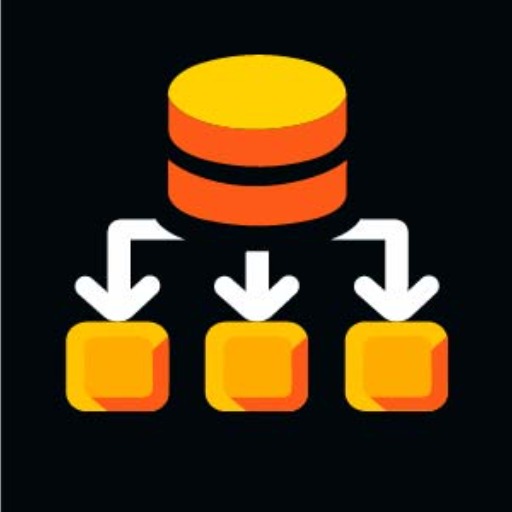
Image to Excel
Transform Images to Excel Instantly with AI

MLA Citation Helper
Streamlining MLA Citations with AI
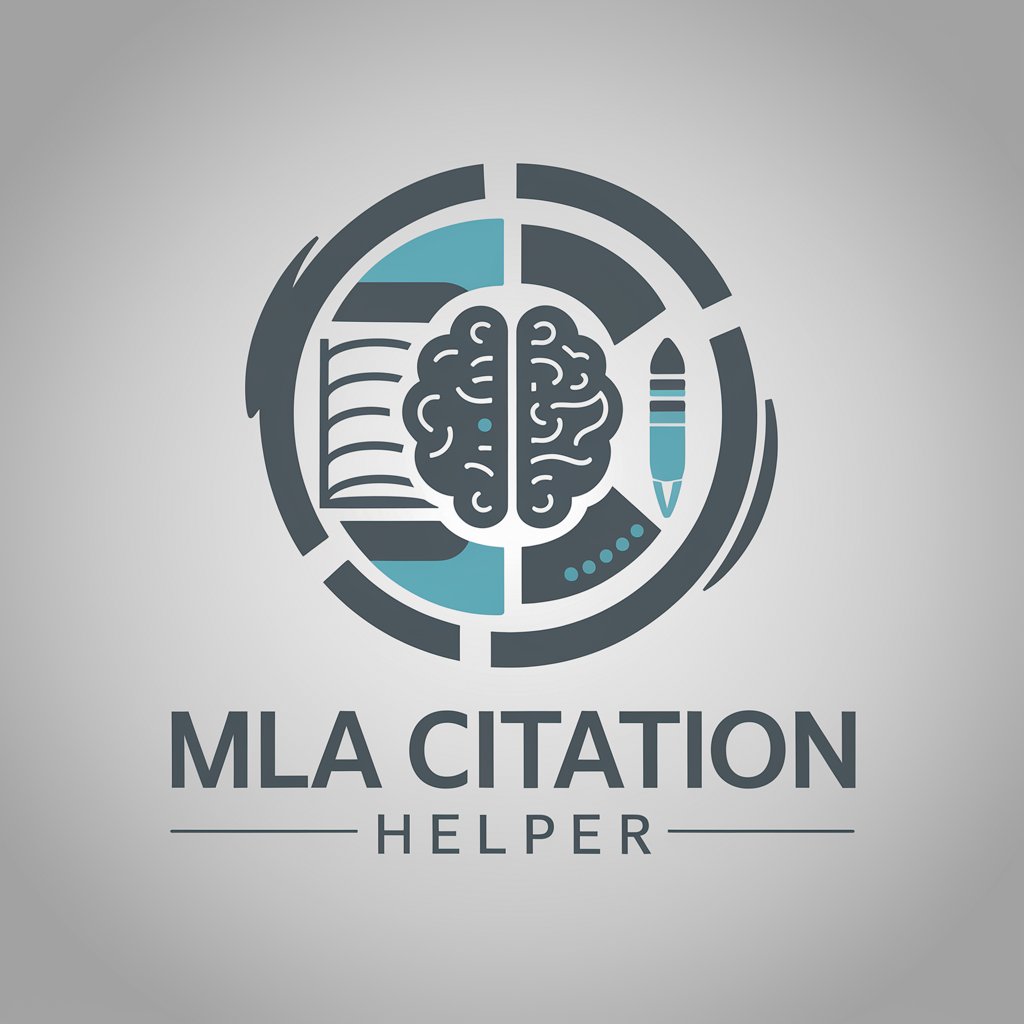
Audio to text
Transforming speech into text, powered by AI

table creator
Transform text into tables instantly

Technical Proposal Writing
Empowering Proposals with AI

Knowledge File & Dataset Builder
Crafting Structured Knowledge with AI

Image2LaTeX
AI-Powered LaTeX Equation Digitization and Explanation
Obsidian Formatter
AI-powered, Precise Content Formatting
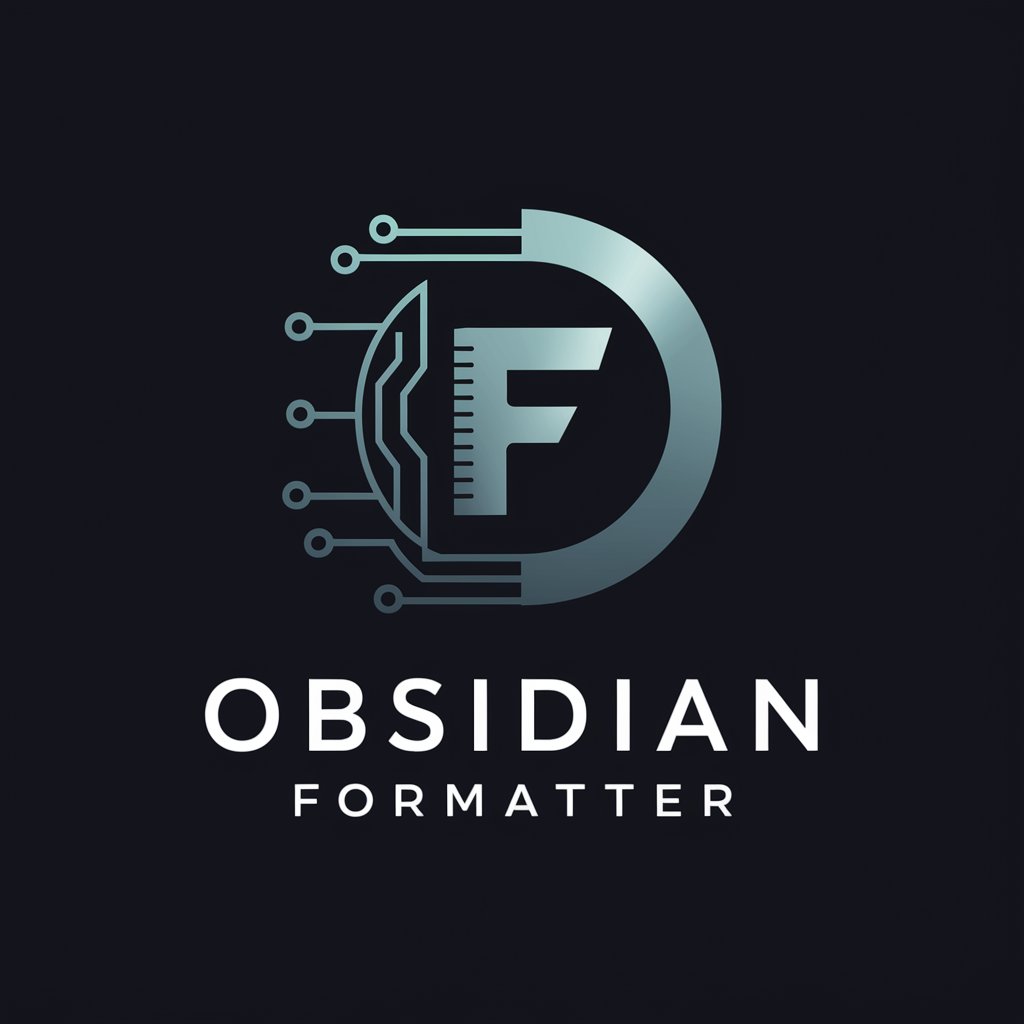
Transcription editor
Revolutionizing Transcription with AI

File Generation GPT
Transform Data into Documents with AI
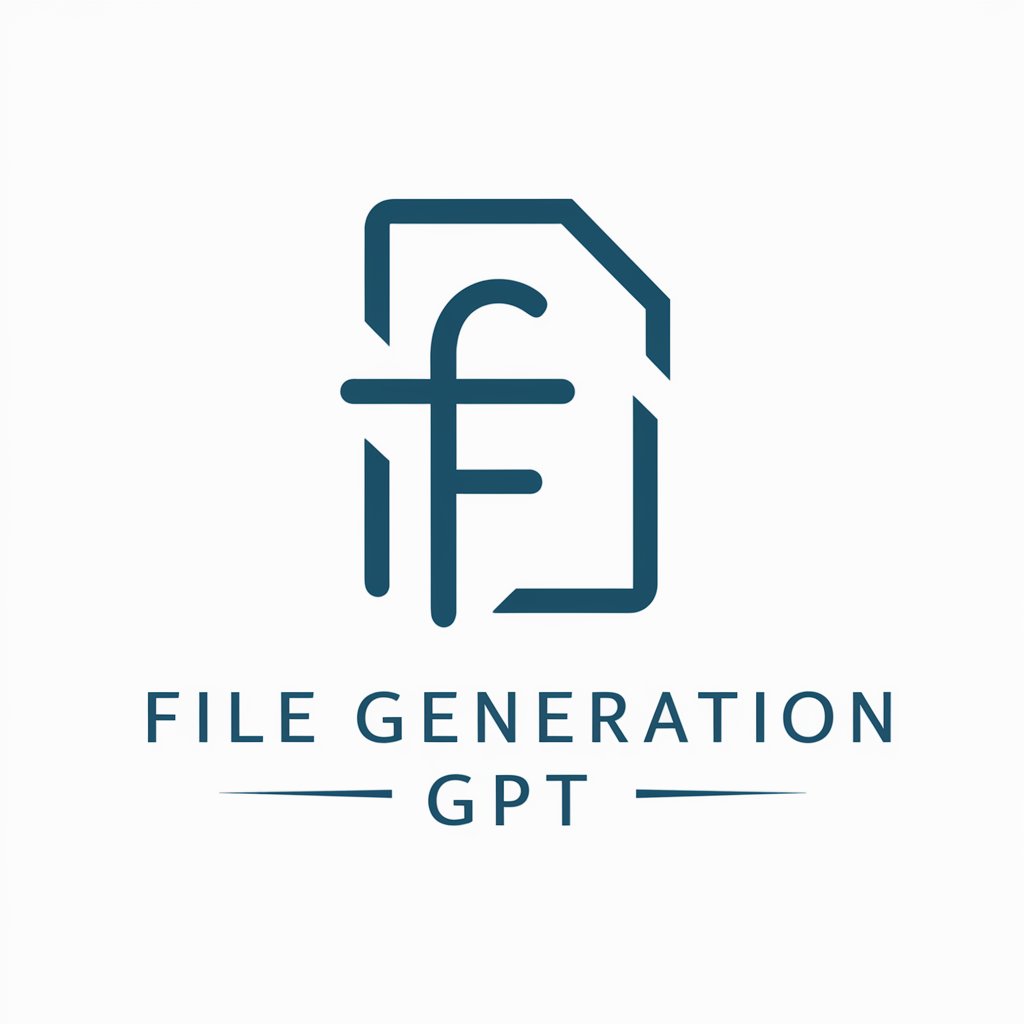
TeXplain It
Simplifying LaTeX with AI
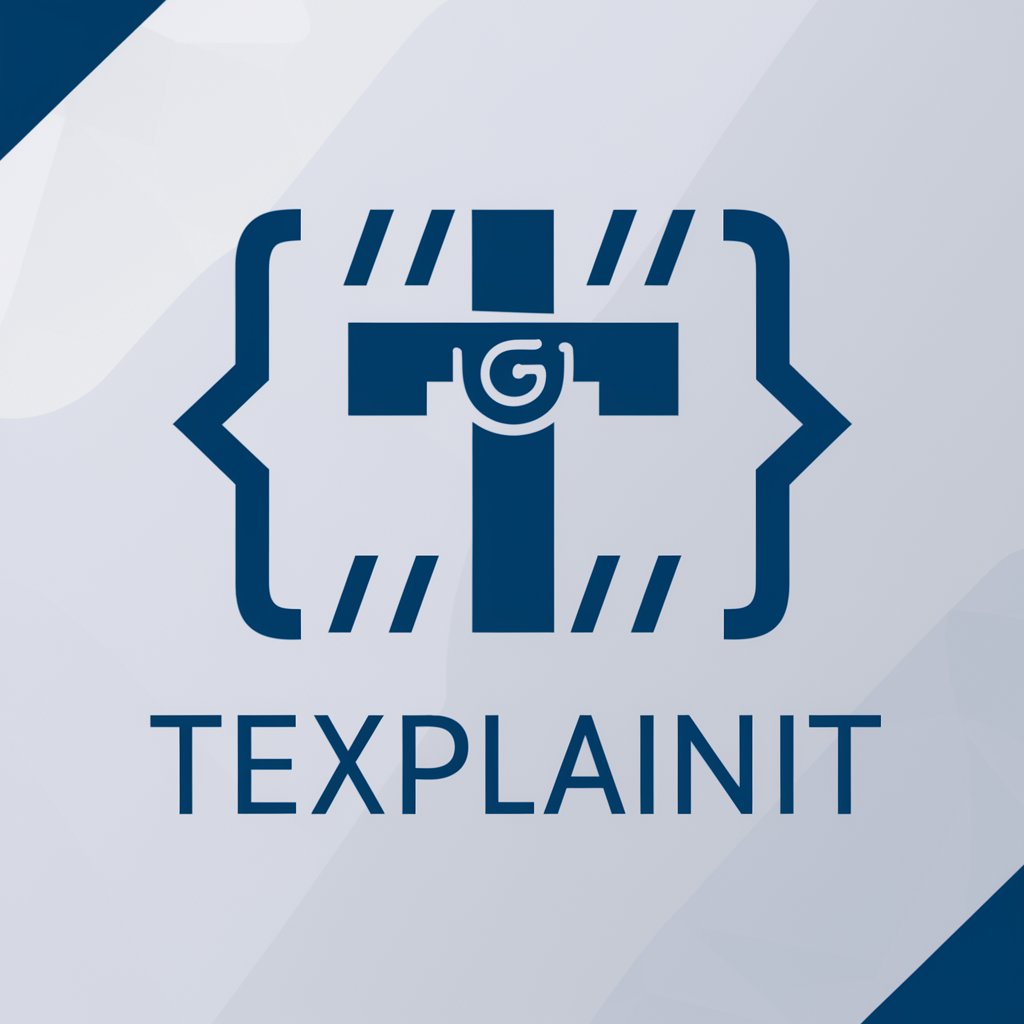
APA Style 7th Citation Generator
Automate your citations with AI-powered precision.
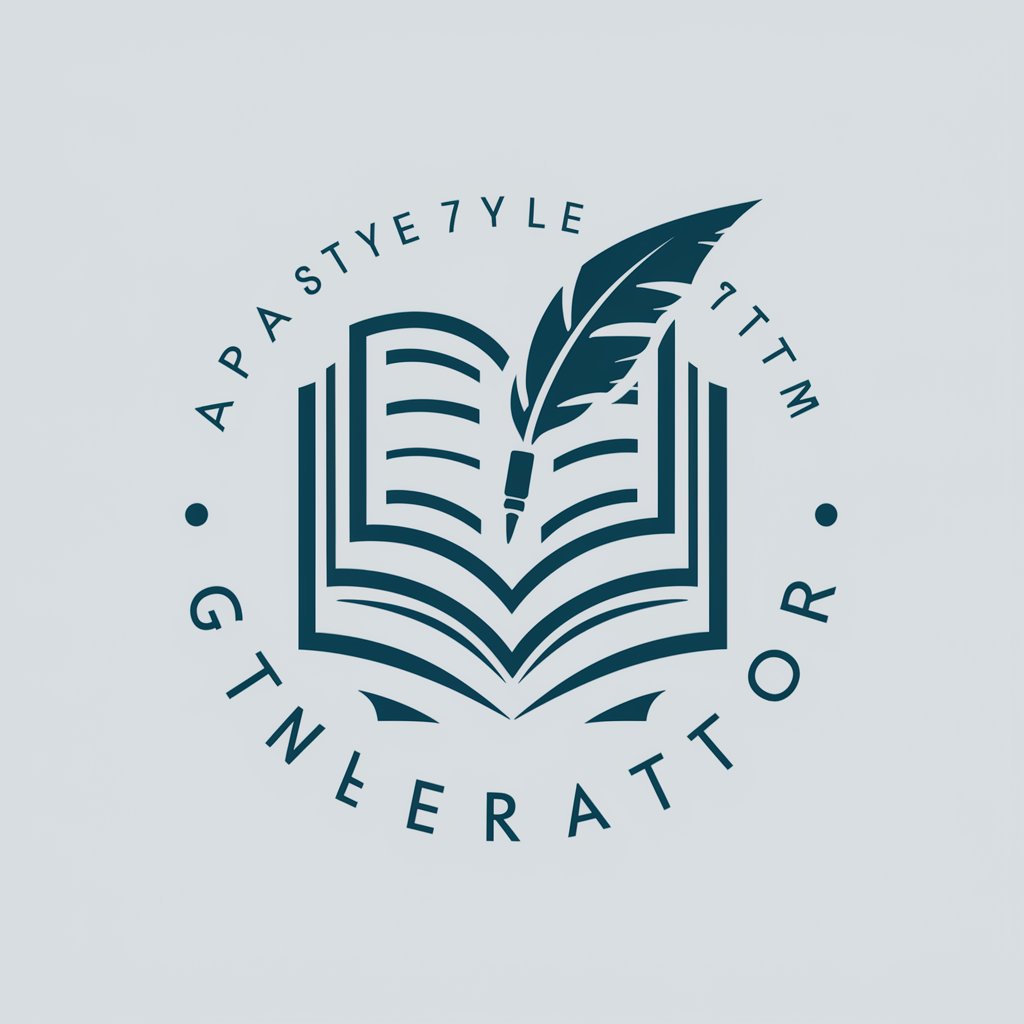
transcript2article
Transforming Talks into Text
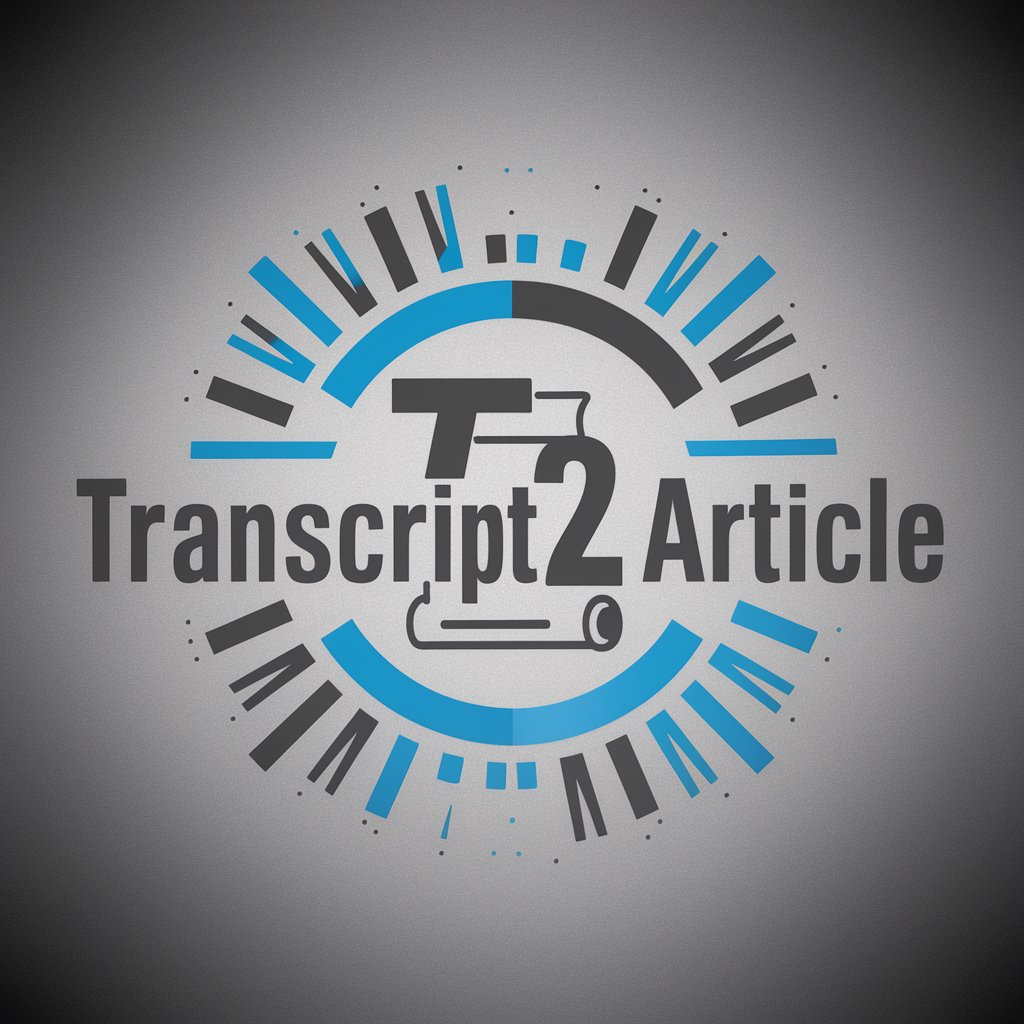
Pubmedマイスター
Enhancing Research with AI-Powered Precision
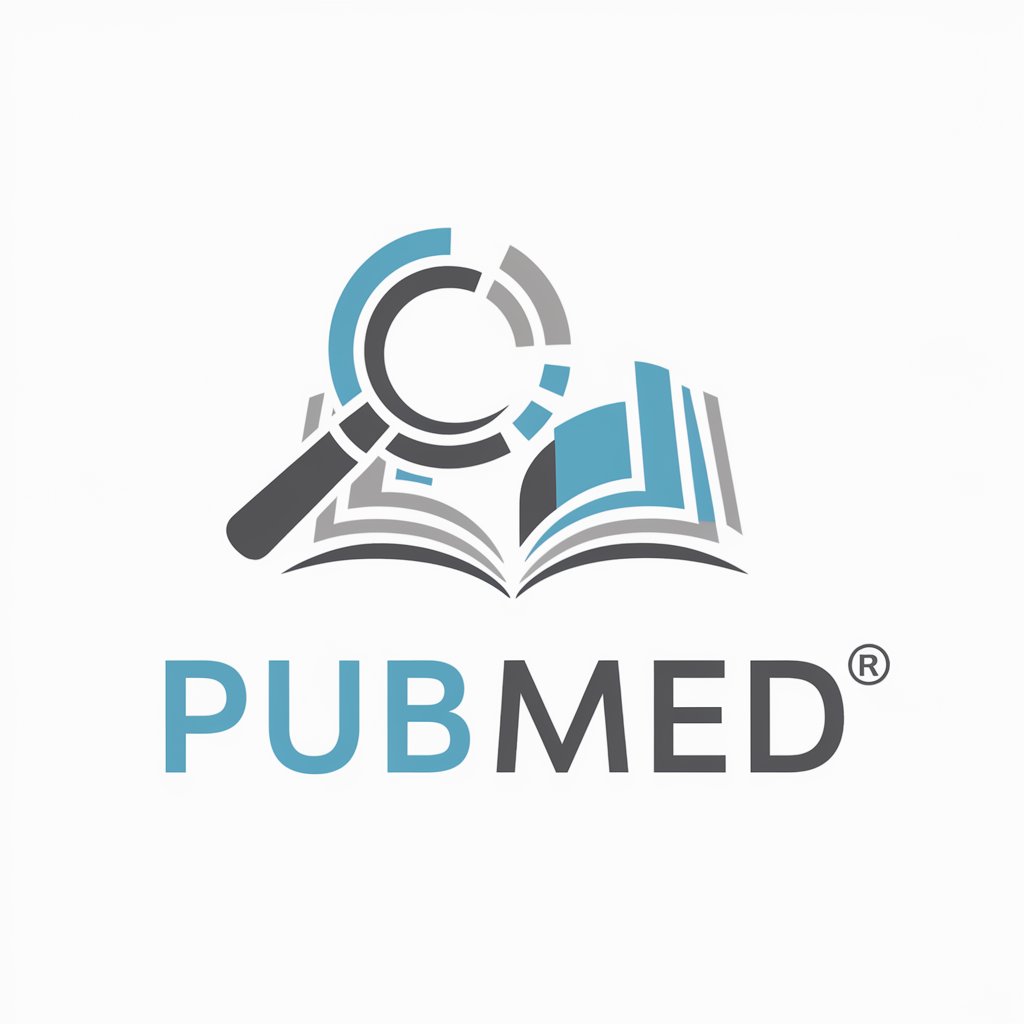
Handwritten notes to Document
Transforming ink into digital texts with AI
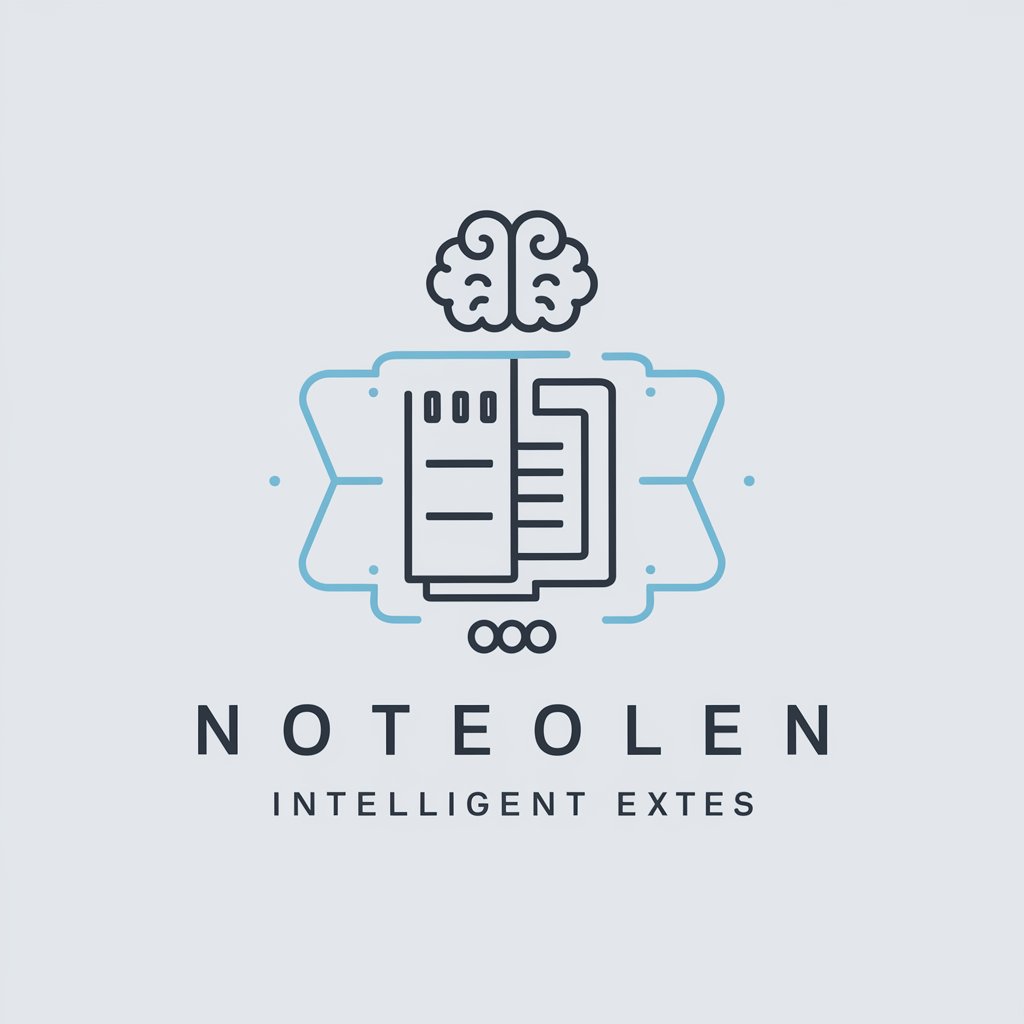
Logseq OCR
Transform Images to Text with AI Power
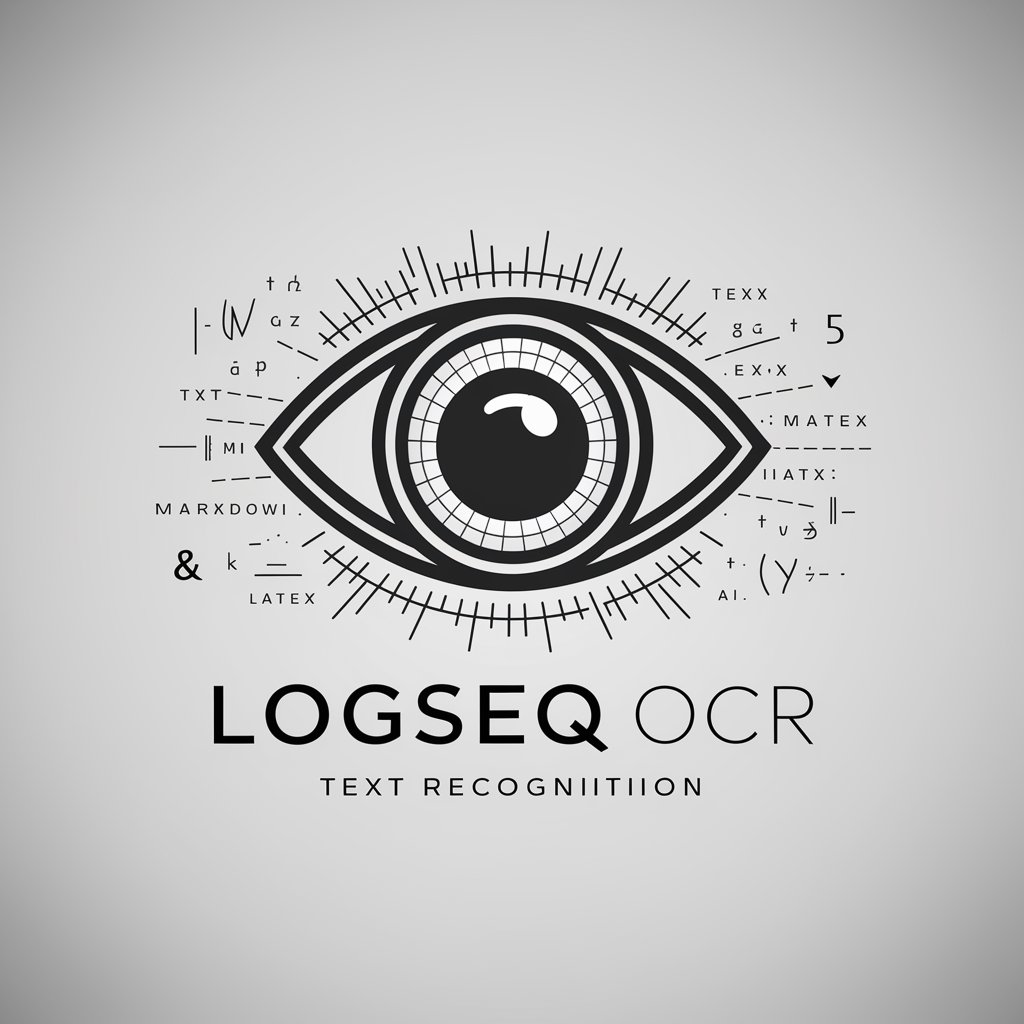
¡Tomo nota!
Transforming handwriting into digital insights.
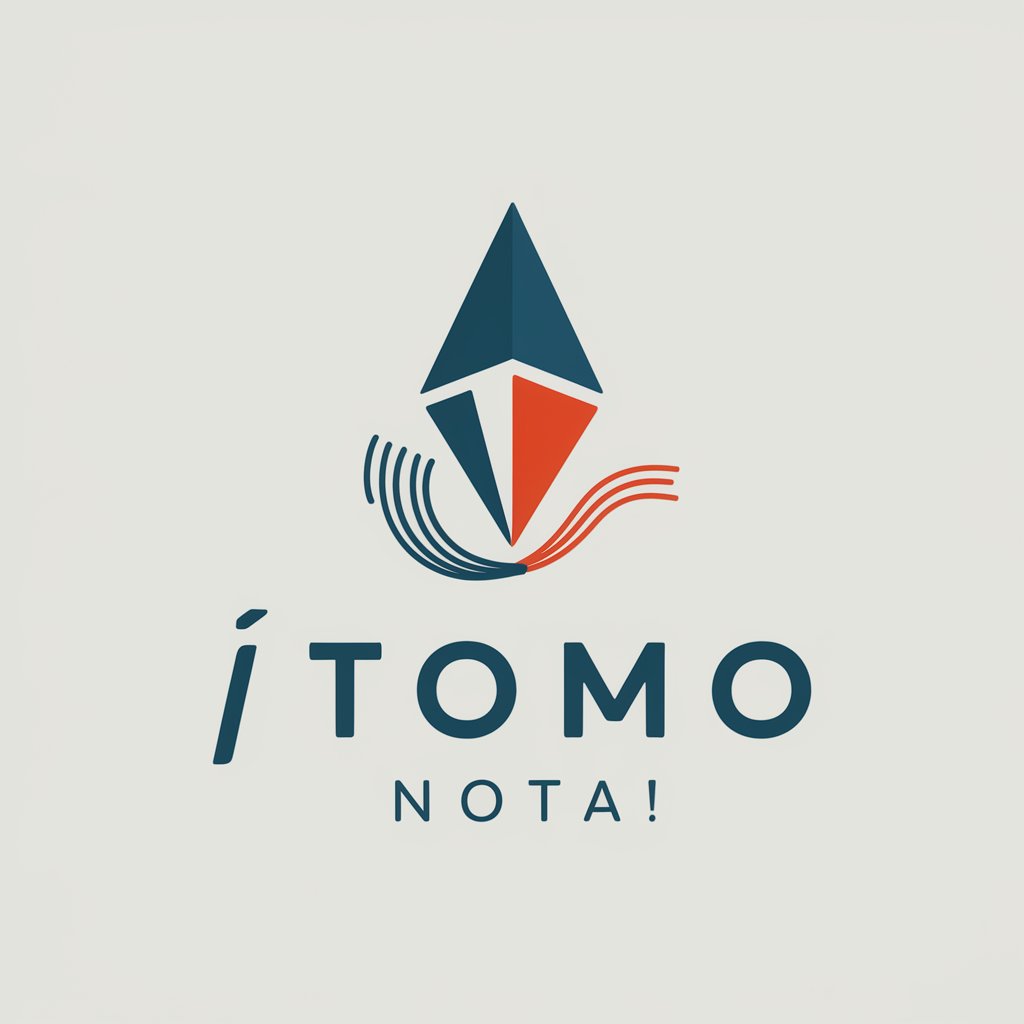
Textshot
Transform Tweets into Text with AI
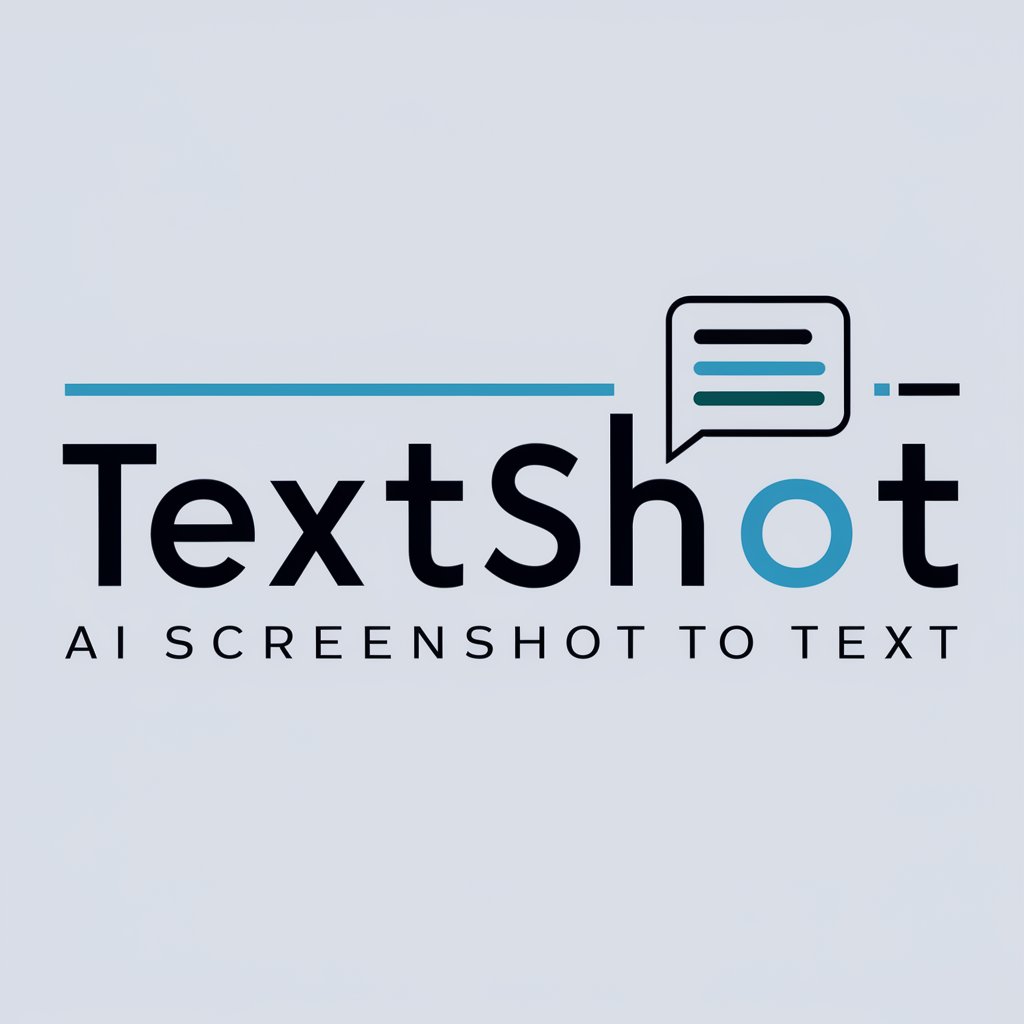
WikiQuickie
AI-powered Precision in Content and Citations
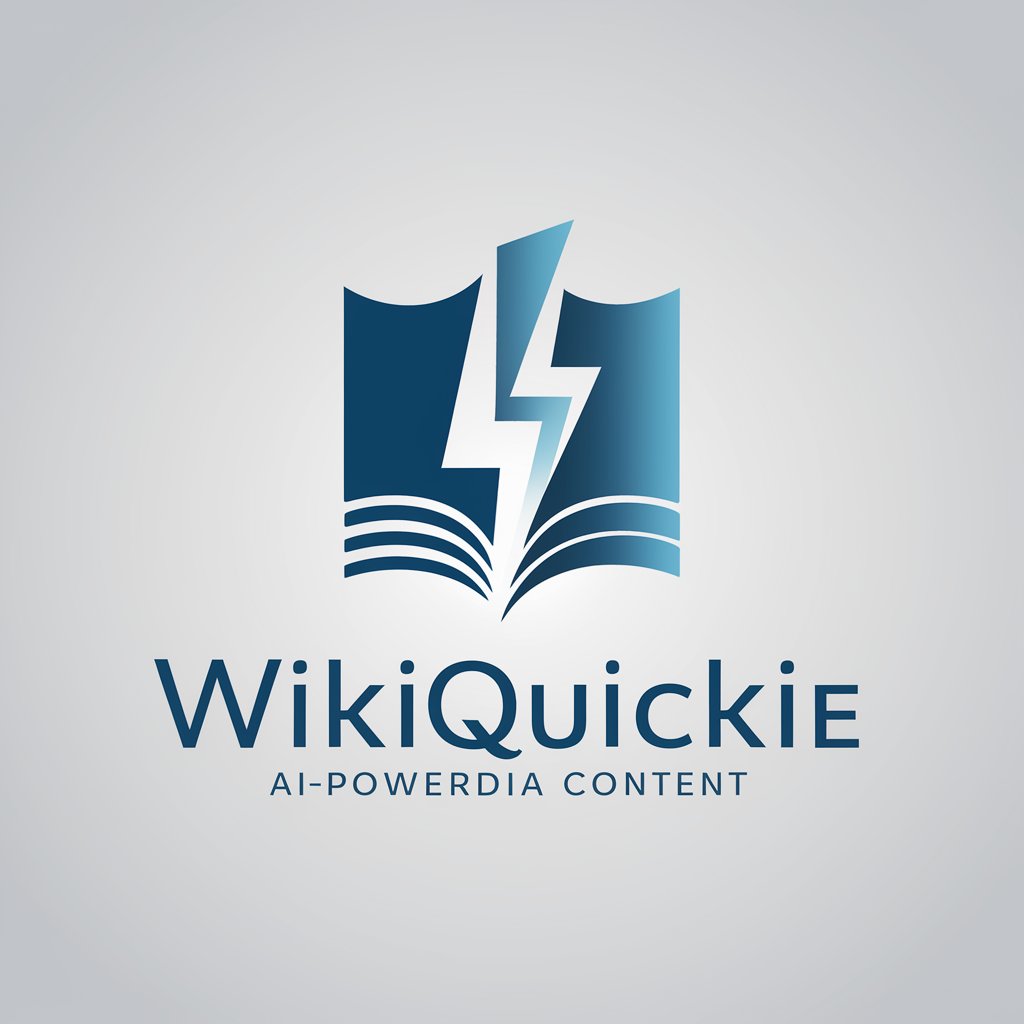
GlossaryBot
Defining Complex Terms with AI
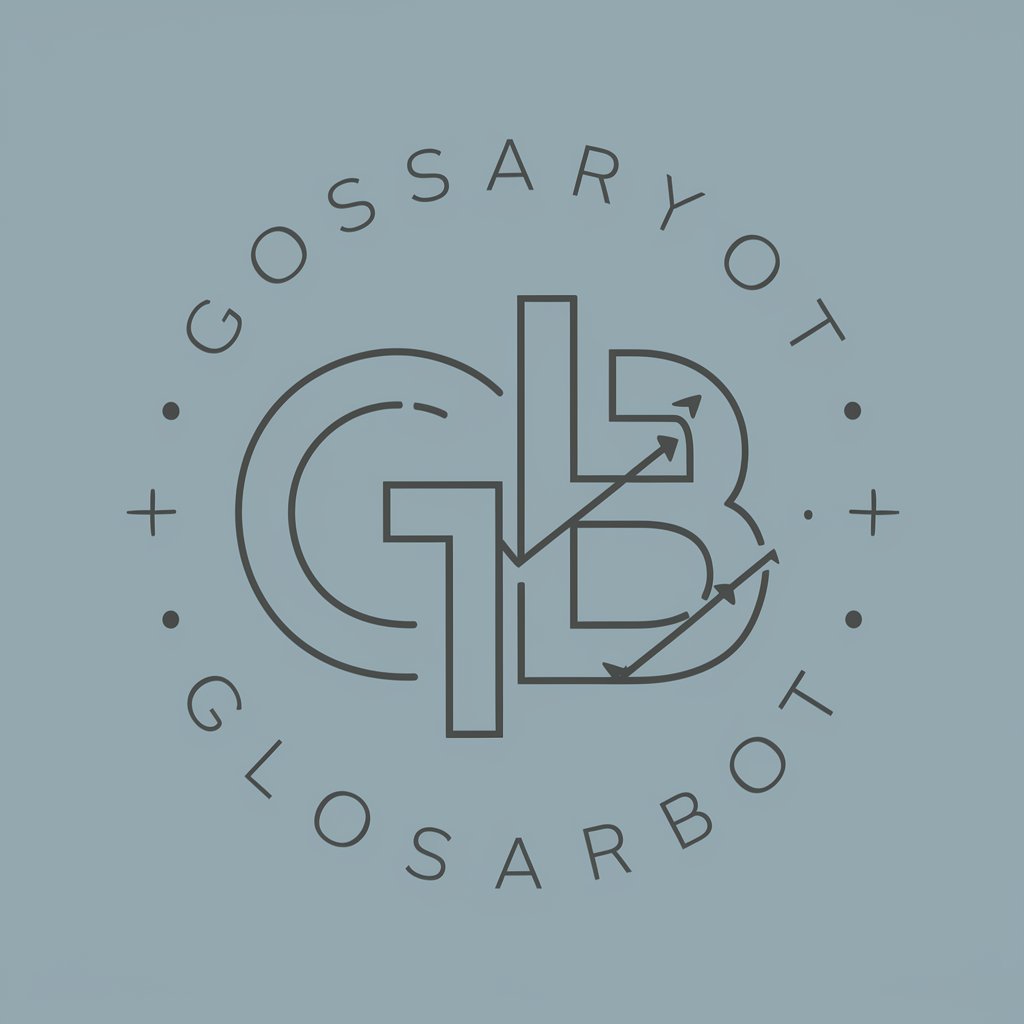
Cite Master
AI-powered precision in citation generation
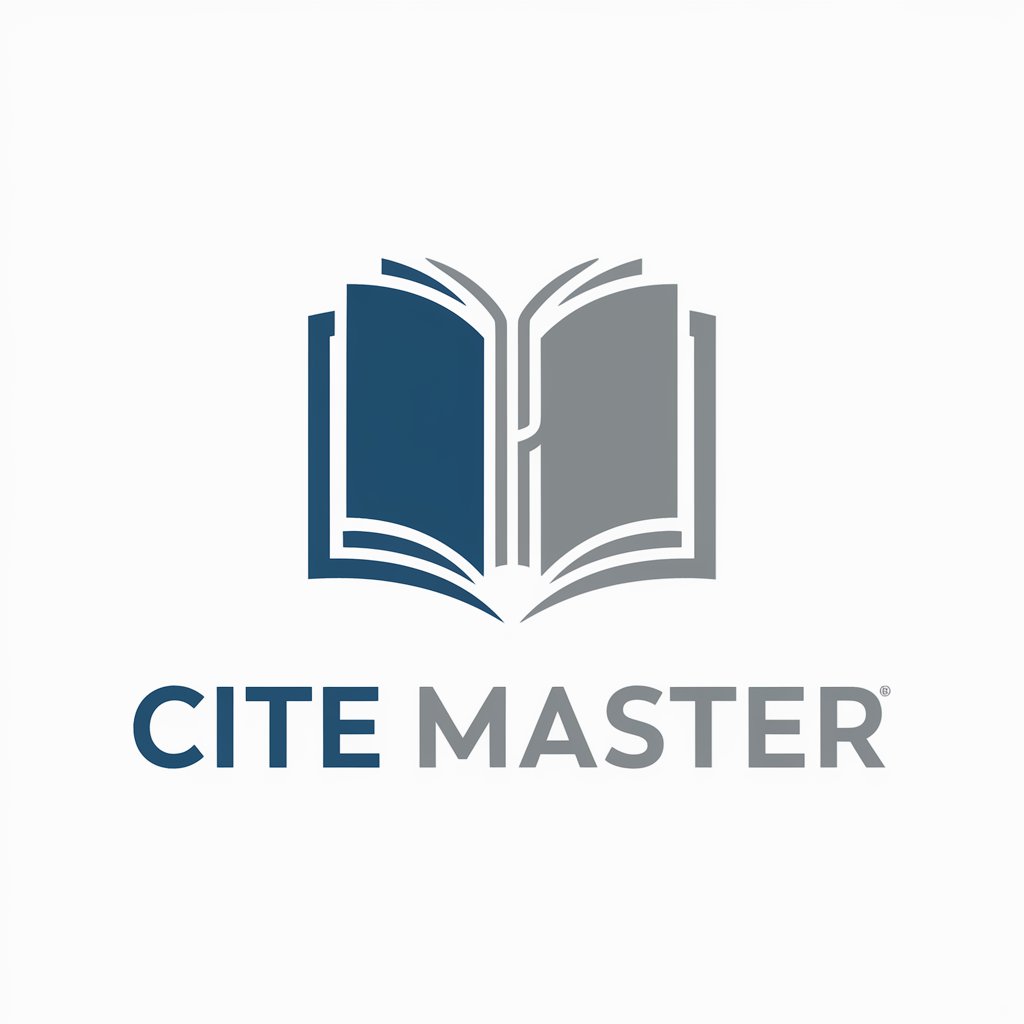
Sheet Transformer
Transform Spreadsheets with AI Precision
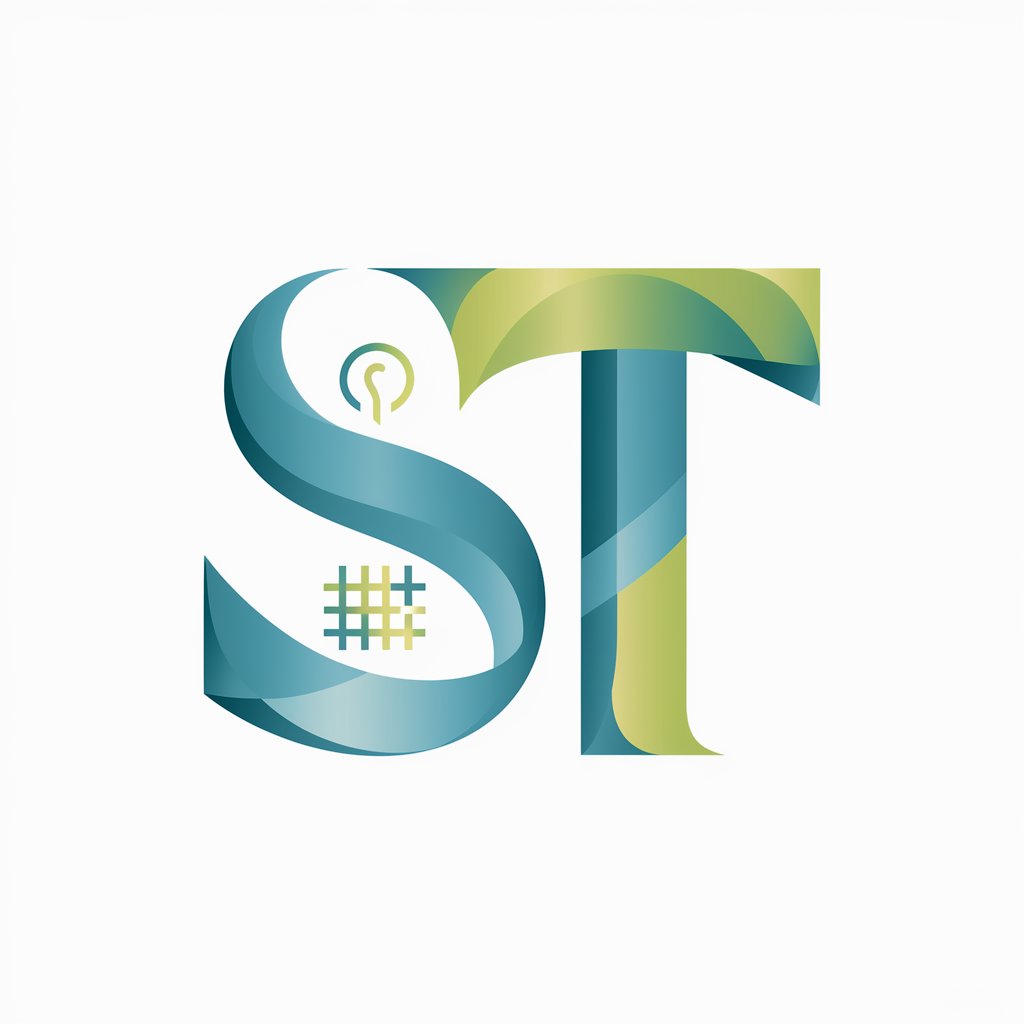
Key Attributes and Capabilities
AI GPTs tools for Research Documentation boast a range of unique features, including adaptability to various research tasks, from compiling literature reviews to data analysis. Special features include natural language understanding for summarization, language translation capabilities, technical support for complex queries, web searching for the latest studies, image creation for visual data representation, and data analysis for insights generation. Their ability to learn and adapt to specific research domains allows for customized documentation solutions, making them versatile tools in the research field.
Who Benefits from AI GPTs in Research?
These tools are designed for a broad audience within the research community, including students, academic researchers, industry professionals, and developers. They cater to individuals with varying levels of technical expertise, offering user-friendly interfaces for novices without coding skills, and advanced customization options for developers and professionals with programming knowledge. This accessibility ensures that a wide range of users can leverage GPTs to enhance their research documentation processes.
Try Our other AI GPTs tools for Free
Scientific Publishing
Discover how AI GPTs are transforming scientific publishing with customized, user-friendly solutions for research, drafting, and data analysis, making advanced tools accessible to all.
Automation Tools
Discover how AI GPTs for Automation Tools revolutionize task automation, offering tailored, efficient solutions for both novices and experts to enhance operational efficiency.
Data Exchange
Discover AI GPTs for Data Exchange: versatile, user-friendly tools designed to streamline data sharing and analysis, suitable for professionals and novices alike.
System Interoperability
Explore AI GPTs for enhancing System Interoperability, offering seamless system communication, accessible to all users, from novices to professionals.
Chess Education
Discover how AI GPTs for Chess Education revolutionize learning and mastering chess with personalized guidance, advanced analysis, and interactive practice.
Entertainment Guide
Discover how AI GPTs are transforming entertainment with personalized content, creative generation, and insightful trends. Perfect for enthusiasts, developers, and professionals.
Enhanced Customization and Integration
AI GPTs offer significant advantages in research documentation through user-friendly interfaces and integration capabilities. They can be seamlessly incorporated into existing workflows, enhancing productivity and collaboration. Their adaptability across different sectors showcases their potential as customized solutions, meeting the specific needs of diverse research projects.
Frequently Asked Questions
What are AI GPTs for Research Documentation?
AI GPTs for Research Documentation are tools that use advanced AI to assist in creating, organizing, and analyzing research materials, leveraging machine learning to provide tailored documentation solutions.
How do AI GPTs improve research documentation?
They streamline processes, improve accuracy and efficiency, provide advanced data analysis, and offer capabilities like summarization, language translation, and visual data representation.
Can non-technical users operate these tools effectively?
Yes, with user-friendly interfaces, these tools are accessible to users without coding skills, making advanced research documentation techniques available to a wider audience.
What customization options are available for developers?
Developers can access advanced programming interfaces (APIs) and customize the tools for specific research tasks, integrating them with existing systems or databases.
Do these tools support language translation?
Yes, many AI GPTs for Research Documentation offer language translation capabilities, making them suitable for international research collaboration.
How can AI GPTs tools assist in data analysis?
They can process and analyze large datasets, generate insights, and visualize data, helping researchers identify trends and patterns.
Are these tools capable of web searching for the latest studies?
Yes, they can perform web searches to retrieve the latest research studies, ensuring the documentation includes the most current information.
Can AI GPTs create images for research documentation?
Yes, they can generate images and visual representations of data, aiding in the comprehension and presentation of research findings.